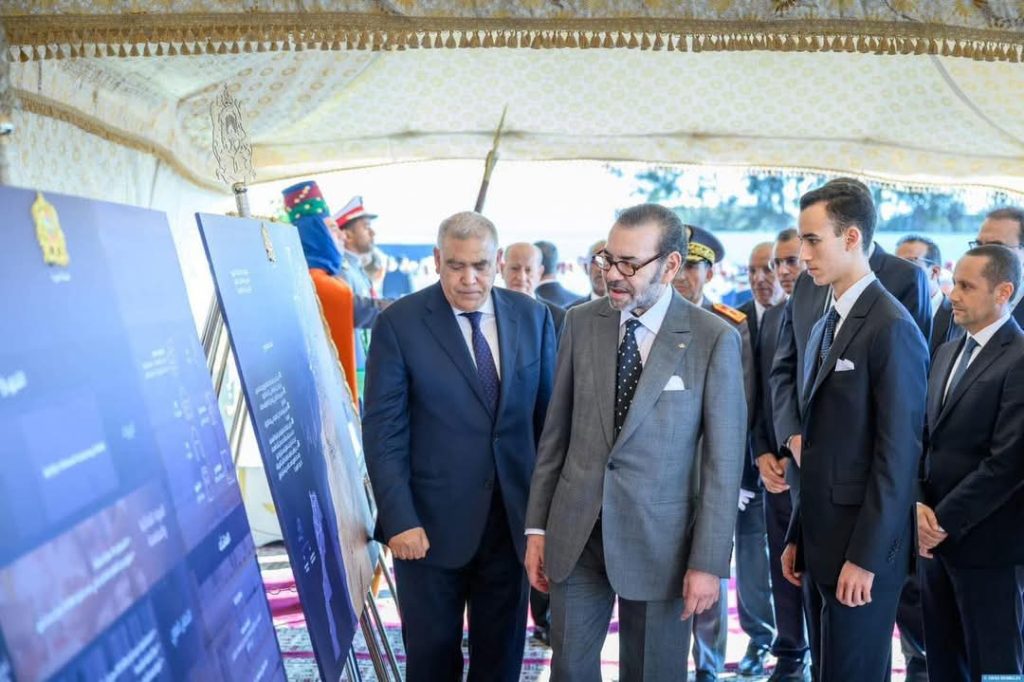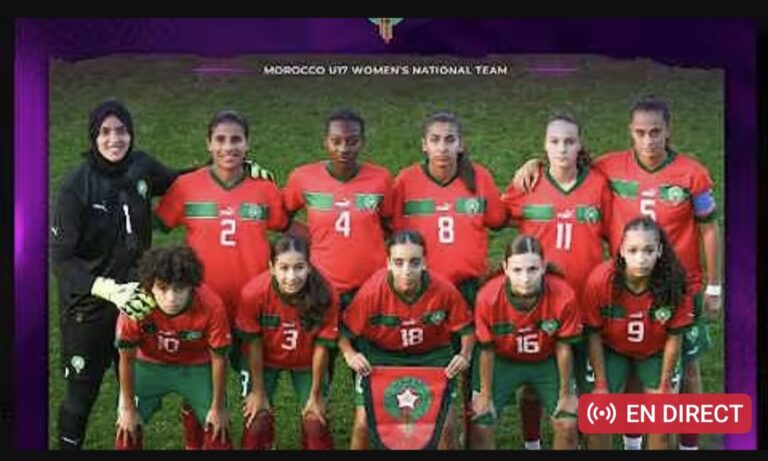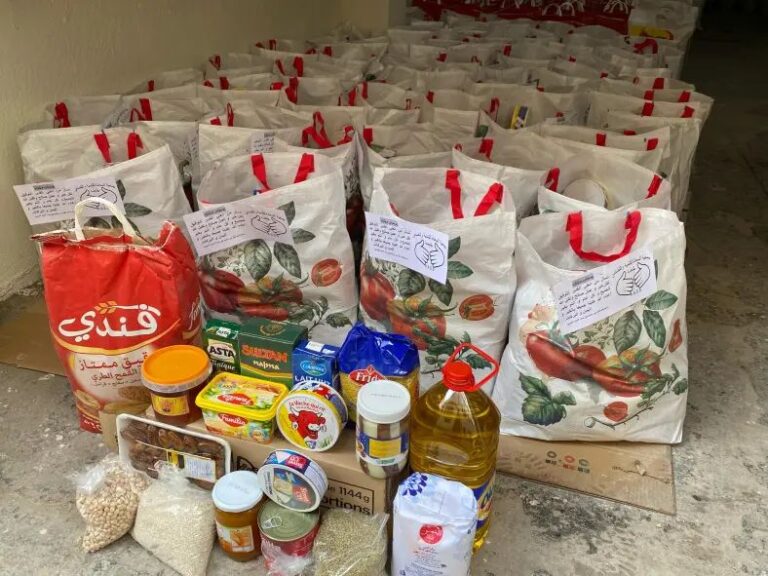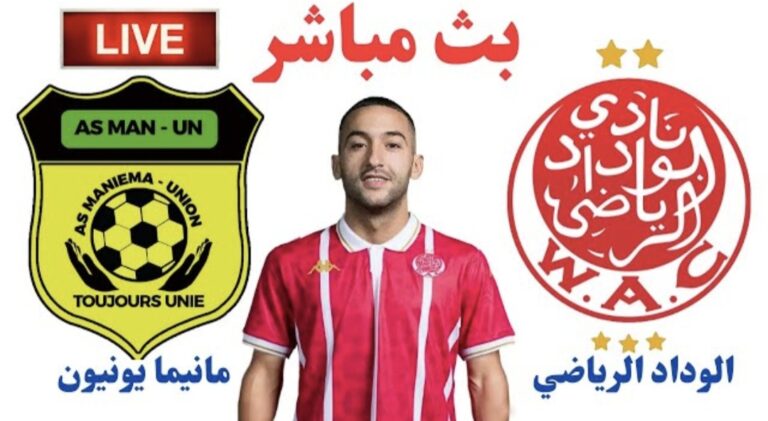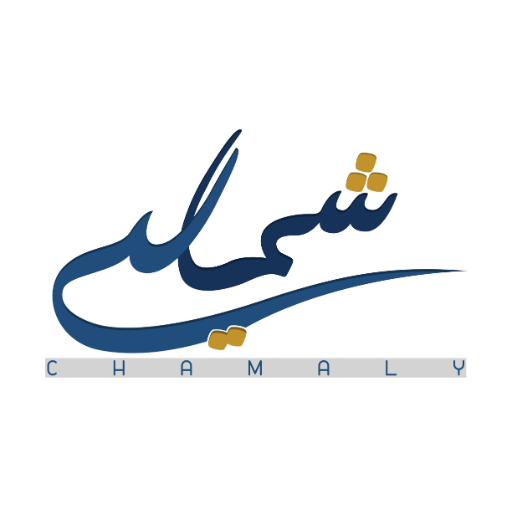His Majesty King Mohammed VI of Morocco, accompanied by His Royal Highness Crown Prince Moulay El Hassan, presided on Wednesday over the launch of construction works for a regional stockpile and emergency reserve platform in the Rabat-Salé-Kénitra region. The initiative reflects Morocco’s strategic model of resilience and rapid response in times of disaster.
This platform is part of royal directives to establish large-scale emergency stockpile centers—comprising tents, blankets, beds, medicine, food supplies, and more—in each of the Kingdom’s regions to enable swift and efficient disaster response (floods, earthquakes, chemical, industrial, or radiological risks).
The Rabat-Salé-Kénitra platform will be built on a 20-hectare site over 12 months, with a total budget of 287.5 million dirhams. It will feature four warehouses (5,000 m² each), two large equipment hangars (2,500 m² each), a helicopter landing pad, and parking facilities.
This project is part of a broader national program presented to His Majesty the King, aiming to establish 12 regional platforms with a total investment of 7 billion dirhams—2 billion for construction and 5 billion for acquiring equipment and supplies.
The 12 platforms will collectively cover 240 hectares and house 36 warehouses, distributed according to population density and regional risk levels. Regions such as Casablanca-Settat, Rabat-Salé-Kénitra, Marrakech-Safi, Fès-Meknès, Tangier-Tetouan-Al Hoceima, and Souss-Massa will each host four warehouses totaling 20,000 m². The remaining six regions will host two warehouses totaling 10,000 m² each.
These facilities aim to ensure rapid deployment of assistance to disaster-affected populations, covering key areas such as:
Shelter: 200,000 multi-purpose tents, camping beds, blankets, etc.
Food aid: Mobile bakeries and kitchens, and ready-to-eat meals for families.
Water and electricity: Mobile water treatment units and electricity generators.
Rescue equipment: Stockpiles to address floods, earthquakes, landslides, chemical, industrial, and radiological hazards.
Healthcare: Initially 6 field hospitals (50 beds each), followed by 6 more with emergency and specialized units, and advanced medical centers for triage and first aid. Essential medicines will also be stocked for immediate use.
Specialized teams will manage the storage of food and medicine under strict international standards.
This national program strengthens Morocco’s emergency infrastructure and enhances the Kingdom’s preparedness and response capabilities. It aims to build strategic reserves capable of responding to triple the needs faced during the Al Haouz earthquake and to develop a domestic supply system for emergency equipment.
The platforms’ locations were carefully selected based on safety criteria and a thorough analysis of each region’s risk profile, aligned with international best practices.

